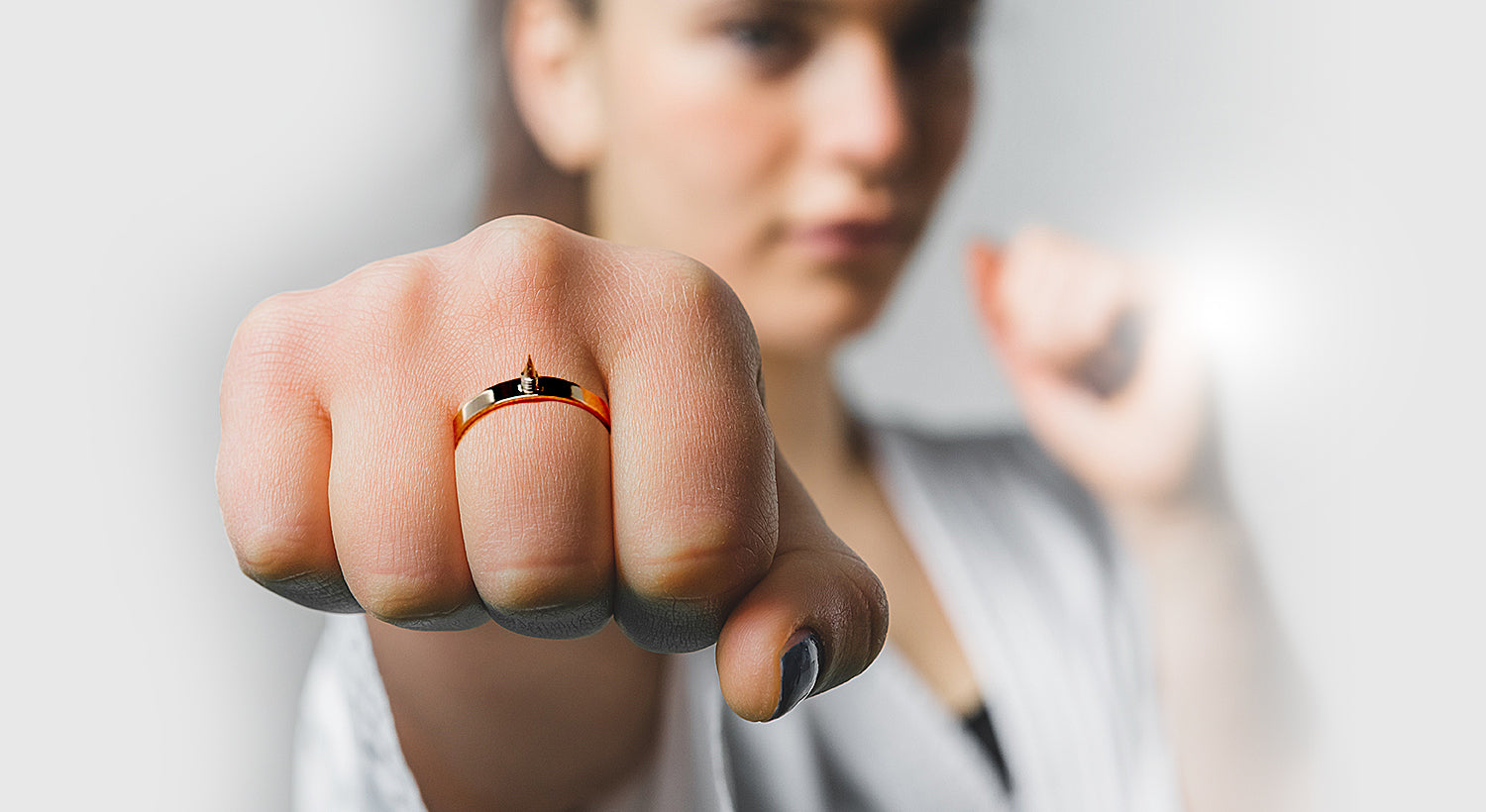This article discusses the benefits of using a self-defense weapon for personal safety. It explores different types of self-defense weapons, the legal considerations of carrying one, and how they can provide a sense of security and confidence.
The world can be a dangerous place, and personal safety is a top priority for many people. While avoiding dangerous situations and being aware of your surroundings are important, sometimes physical self-defense is necessary.
Self-defense weapons can provide a sense of security and confidence, but it’s important to understand their benefits and limitations. In this article, we will explore the advantages of using a self-defence weapon for personal safety.
Types of Self-Defence Weapons
Self-defense weapons come in many shapes and sizes, and choosing the right one can depend on a variety of factors such as personal preference, training, and legal considerations.

Some popular self-defense weapons include:
- Pepper Spray – A chemical irritant that causes temporary blindness and respiratory distress, pepper spray can be a good choice for those who want a non-lethal option.
- Stun Guns – A stun gun delivers an electric shock that disrupts muscle function, causing the attacker to be temporarily immobilized. This type of weapon can be effective for those who want a non-lethal option.
- Knives – A knife can be a lethal weapon, and should only be carried by those who have the proper training and legal permission to do so.
- Firearms – Firearms can be a lethal weapons, and should only be carried by those who have the proper training and legal permission to do so.
Legal Considerations
Before purchasing and carrying a self-defense weapon, it’s important to understand the legal considerations in your area. Different states and countries have different laws regarding the types of weapons that can be carried and how they can be used. Make sure to research your local laws and regulations before making any decisions about purchasing and carrying a self-defense weapon.
Advantages of Using a Self-Defence Weapon
- Provides a sense of security – Carrying a self-defense weapon can provide a sense of security and confidence, knowing that you have the means to defend yourself if necessary.
- Deters attackers – The presence of a self-defense weapon can often deter attackers from approaching or attacking you, as they know you have the means to defend yourself.
- Can be used as a last resort – In a dangerous situation where physical self-defense is necessary, a self-defense weapon can be used as a last resort to protect yourself.
- Non-lethal options – Many self-defense weapons such as pepper spray and stun guns offer non-lethal options for those who want to avoid using lethal force.
- Can level the playing field – Self-defense weapons can level the playing field between attackers and victims, especially for those who may be physically weaker or have disabilities.
Limitations of Using a Self-Defence Weapon

- Requires training – Proper training is necessary to effectively use a self-defense weapon, and without it, you may not be able to use it effectively or safely.
- Legal considerations – As mentioned earlier, different states and countries have different laws regarding self-defense weapons, and it’s important to understand these before making any decisions about carrying one.
- Not a guarantee of safety – Carrying a self-defense weapon does not guarantee your safety, and it’s important to remain aware of your surroundings and avoid dangerous situations whenever possible.
- Can escalate situations – Using a self-defense weapon can escalate a situation, especially if lethal force is used. It’s important to understand the potential consequences of using a weapon before making any decisions to do so.
Conclusion
Self-defense weapons can be a valuable tool for personal safety, providing a sense of security and confidence. However, it’s important to understand their benefits and limitations, as well as the legal considerations of carrying one. While self-defense weapons can provide a means to defend oneself, they should always be used as a last resort and only in situations where physical self-defense is necessary.
If you are considering carrying a self-defense weapon, it’s important to do your research and choose the right weapon for your needs. Consider factors such as your level of training, the legal considerations in your area, and your personal preference for non-lethal or lethal options. Remember that proper training is necessary to use a self-defense weapon effectively and safely.
In addition to carrying a self-defense weapon, it’s important to remain aware of your surroundings and avoid dangerous situations whenever possible. Self-defense weapons are not a guarantee of safety, and it’s important to understand that they can escalate situations if used improperly.
Ultimately, the decision to carry a self-defense weapon is a personal one and should be made with careful consideration of the potential benefits and limitations. With the right training and understanding of the legal considerations, a self-defense weapon can provide a sense of security and confidence for those who choose to carry one.
